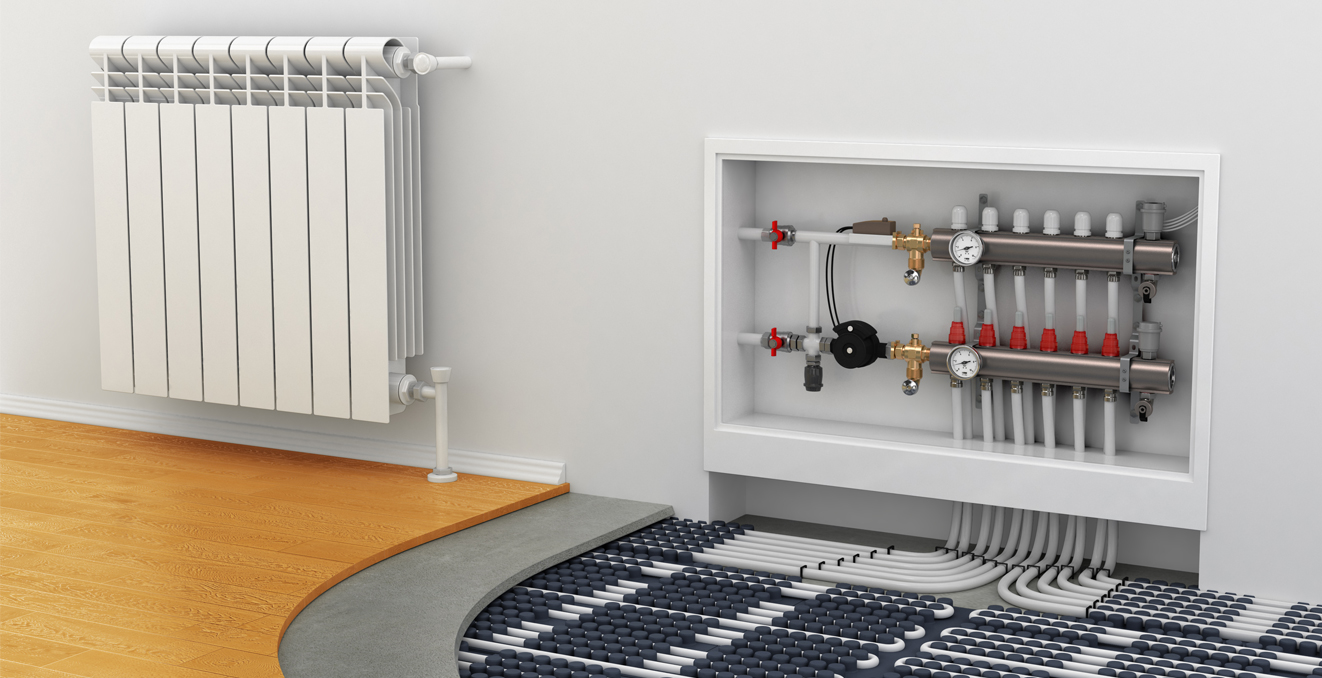In modern households, hot water supply is an essential part of daily life. With the advancement of technology and the increasing awareness of environmental protection, there are various options for water heaters in the market, among which air source heat pumps and gas water heaters are two highly regarded hot water supply devices. So, which of these two water heaters is better?
1、 Energy Efficiency Comparison
Air source heat pump: Air source heat pumps heat water by absorbing heat from the air, with a COP typically between 3.0 and 4.0, which means they can generate 3 to 4 times more heat for every 1 kWh of electricity consumed. Therefore, air source heat pumps have advantages in energy efficiency and significant energy-saving effects.
Gas water heater: Gas water heaters heat water by burning natural gas or liquefied gas, with an energy efficiency generally between 80% and 90%. Although more efficient than traditional electric water heaters, their energy efficiency is still slightly inferior compared to air source heat pumps.

2、 Comparison of Environmental Protection
Air source heat pump: Air source heat pump utilizes renewable air heat energy, does not emit harmful gases, and is environmentally friendly. In addition, the use of air source heat pumps can reduce dependence on fossil fuels, which is in line with the trend of green environmental protection.
Gas water heater: Gas water heaters produce emissions such as carbon dioxide and nitrogen oxides during use, which have a certain impact on the environment. However, modern gas water heater technology has been improved with relatively low emissions, but it still cannot completely avoid its impact on the environment.
3、 Safety comparison
Air source heat pump: The heating process of an air source heat pump does not involve combustion, and there is no open flame during use, making it highly safe. Even if a malfunction occurs, it generally does not cause safety accidents such as fires or explosions.
Gas water heater: Gas water heaters involve the use of gas, which poses safety hazards such as gas leakage and explosion. Therefore, special attention should be paid to safety precautions when installing and using gas water heaters, and equipment should be regularly inspected and maintained.
4、 Comparison of Usage Costs
Air source heat pump: The initial investment of air source heat pump is relatively high, but due to its high energy efficiency and low operating costs, long-term use can save a lot of energy costs. Especially in the context of continuously rising energy prices, the economic advantages of air source heat pumps are even more apparent.
Gas water heater: The initial investment of gas water heater is relatively low, but due to the large fluctuation of gas prices, there is uncertainty in the cost of use. If the price of gas is high, the cost of using a gas water heater will also increase accordingly.
5、 Applicability comparison
Air source heat pump: Air source heat pumps have certain requirements for the installation environment, requiring sufficient ventilation and installation space. It has a wide range of applications and can operate effectively in both the south and north. But in extremely cold regions, the efficiency of air source heat pumps may decrease, and it is necessary to choose a model suitable for low-temperature environments.
Gas water heater: Gas water heaters are relatively easy to install and have low environmental requirements. They can be used wherever there is gas supply. But in some remote areas, the gas supply may not be stable enough, affecting the effectiveness of use.
Air source heat pumps and gas water heaters each have their own advantages and disadvantages, suitable for different household needs. Air source heat pumps have the advantages of high energy efficiency, environmental protection, and high safety, making them suitable for households pursuing long-term energy conservation and environmental protection. Gas water heaters, on the other hand, have the characteristics of low initial investment and easy use, making them suitable for households that focus on initial costs and convenient installation.
When choosing a water heater, it is recommended to consider factors such as energy efficiency, environmental friendliness, safety, usage cost, and applicability based on one's actual situation and needs, and make a suitable choice. Regardless of which type of water heater is chosen, attention should be paid to the safe use and regular maintenance of the equipment to ensure the safety and comfort of household water use.







Comment